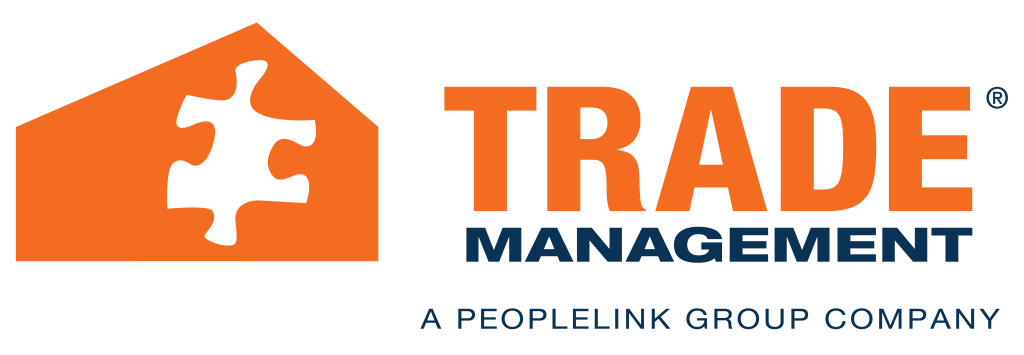The construction industry offers a wealth of opportunities for skilled trades professionals looking to build long-term careers. Whether you are just starting out or seeking to take your career to the next level, advancing construction requires a combination of technical expertise, continuous learning, and strong workplace skills. By mastering your craft, developing key soft skills, and seeking growth opportunities, you can position yourself for long-term success in the construction field. Let’s explore key steps you can take to advance your career in construction.
Steps to Advancing Your Career in Construction
Mastering Your Craft
Firstly, one of the most important steps in advancing your career in construction is honing your technical skills. The more proficient you are in your trade, the more valuable you become to employers and clients. Consider enrolling in training programs, obtaining industry certifications, and staying up to date with new construction technologies and techniques. Industry professionals recommend continuous education and hands-on experience as the best ways to stay ahead. Check out these tips on improving your technical skills in your trade: Mastering Your Craft.
The Power of Soft Skills
While technical expertise is crucial, soft skills can also set you apart and open doors to leadership roles. Communication, teamwork, problem-solving, and adaptability are all critical in construction settings. Employers highly value workers who can collaborate effectively, follow safety protocols, and demonstrate reliability. Strong leadership skills can help you advance to supervisory positions or even start your own business. Learn more about why soft skills are essential in skilled trades here: The Power of Soft Skills.
Seeking Opportunities for Growth
To move up in the construction industry, it is important to seek out opportunities for professional development. Look for mentorship from experienced professionals, take on more responsibilities on job sites, and explore different areas of construction to broaden your expertise. Joining trade organizations, attending industry events, and networking with other professionals can also open new doors.
Building a Strong Reputation
Finally, a reputation is everything in skilled trades. Demonstrating a strong work ethic, punctuality, attention to detail, and a willingness to learn can help you stand out. Many skilled trades professionals advance in their careers through word-of-mouth recommendations and referrals, so maintaining professionalism on every job is key.
A career in construction can be both financially rewarding and personally fulfilling, but success does not happen overnight. By continuously improving your skills, developing strong workplace relationships, and taking advantage of growth opportunities, you can build a successful and lasting career in the skilled trades. If you’re ready to take the next step, explore new job opportunities and connect with staffing professionals who can help you find the right path forward, contact Trade Management today!










